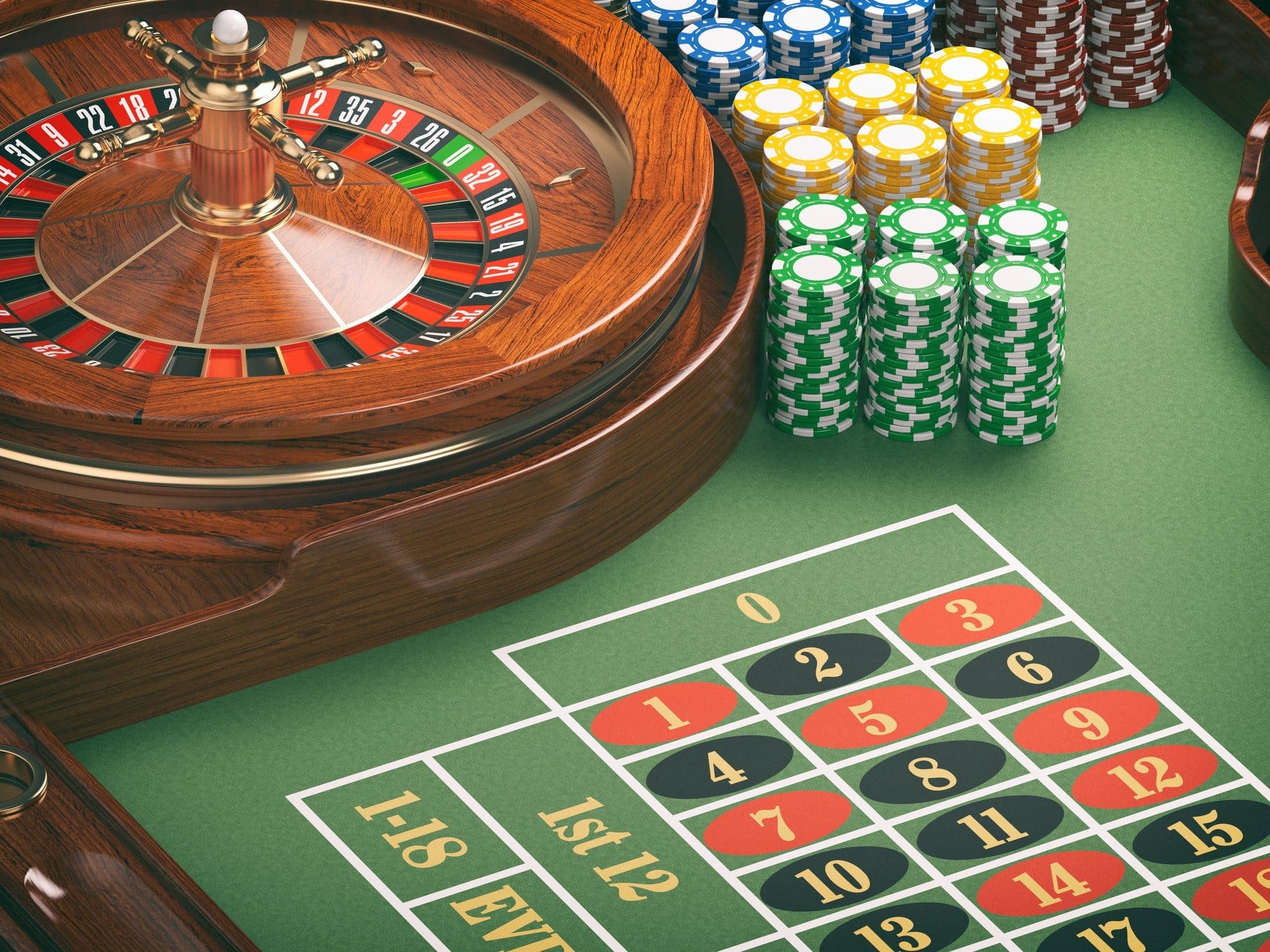Exploring Table Games: More Than Just Chance

When we think of gambling games, the initial images that frequently cross our minds are those of spinning wheel wheels, poker chips clattering on felt tables, and cubes rolling across a gaming surface. While many consider these activities as mere hobbies fueled by luck, a deeper exploration reveals a captivating blend of tactics, skill, and social engagement that raises them well beyond simple chance. Whether you are a experienced player or a inquisitive newcomer, understanding the nuances of these activities can greatly enhance your experience and appreciation.
Gambling games have developed over centuries, with different cultures contributing to their rich backgrounds and different forms. From the intricate tactics of 21 to the deception methods in card games, players engage in a battle of intellect as much as a risk on odds. This dynamic interplay between chance and expertise creates a thrilling atmosphere that draws millions to casinos worldwide. As we explore the realm of card games, we will reveal the strategies that can shift the odds in your favor and the community aspects that make these games a popular choice for entertainment and engagement.
The Strategy of Table Games
Table gaming often combine a blend of ability and luck, which makes them intriguing for participants who like a test. Every game has their unique set of rules and strategies that can affect the results. For example, in titles like 21, participants are obliged to use strategies like counting cards and understanding the odds to make informed decisions. This expertise can significantly improve their winning potential, differentiating experienced players from beginners who may rely solely on luck.
Conversely, titles such as the roulette may appear to be purely based on luck, but tactical thinking can also play into play. Participants can choose between different wagering tactics, such as the Martingale strategy, where they raise the bets after a loss. This approach can create a more methodical approach to the game. Understanding the probabilities of specific bets can also assist players make smarter decisions on the roulette table, demonstrating that even in titles of chance, tactics can enhance the enjoyment.
Furthermore, poker stands out as a title that strongly focuses on tactics. Unlike most gaming titles, the game of poker merges skill, mental acuity, and chance. Players must also focus on the cards they are dealt but also take into account their rivals’ actions and wagering patterns. Mastering concepts like table position, the odds of the pot, and reading bluffs is crucial for winning. This complexity of tactics in the game of poker often creates to a more immersive experience for players, as their choices and abilities significantly affect the game’s outcome.
Comprehending Probability and Odds
In the domain of gambling activities, likelihood and odds have a critical role in deciding a gambler’s potential results. Every activity has its own set of guidelines that define how the chance of succeeding or losing is calculated. For example, in games like blackjack, participants have a chance to influence their ratios through strategy, whereas in games like the wheel, the outcomes are purely governed by chance. Comprehending how these chances are calculated can greatly impact how a player approaches the match.
Odds are typically presented in two forms: ratio and decimal. s666 Fractional ratios represent the ratio of the sum gained to the sum bet, whereas numeric odds show the overall payout for a successful bet, which includes the initial bet. For instance, if a match has ratios of 5 to 1, this means that for every one dollar bet, a player could gain five units if successful. Knowing how to read these odds allows gamblers to evaluate their possible winnings and formulate more informed decisions during gameplay.
Gamblers should also be conscious of the casino advantage, which is the casino’s inherent advantage over the players. Each game has a different house edge, and understanding this idea is important for handling one’s expectations and bankroll. Games with a reduced house edge, such as blackjack and baccarat, typically offer superior ratios for gamblers compared to games like slot machines and lottery. By acknowledging the relationship between chance, ratios, and the casino advantage, players can improve their gambling engagement and plan more effectively.
The Social Aspect of Table Gaming
Table games at gaming establishments are often seen as a hub of social interaction, drawing participants together in a collective experience that extends far past the mere act of gambling. The atmosphere at a blackjack table can be electric, with players engaging not only with the game itself but also with one another. Joy, excitement, and, sometimes, playful teasing create connections that improve the overall enjoyment of the gaming experience. This communal aspect can turn a alone endeavor into a dynamic gathering, making table games particularly enticing.
One of the intriguing elements of gaming at tables is the way it cultivates camaraderie among players. Whether it’s collaborating to beat the dealer at a craps table or sharing stories between hands in a card game, the environment encourages interaction. Participants often share tips or tactics, creating a sense of community that enhances the fun. This social dynamic can make new gamblers feel included and less daunted by the competitive nature of gaming. As the game continues, friendships may form, leading to a sense of connection that keeps participants coming back to the table.
Moreover, the social aspect of gaming at tables extends outside just the players. Casino staff play a vital role in facilitating interaction and maintaining the flow of the game. Their ability to engage players with friendly conversation and their expertise in managing the table can create an welcoming atmosphere. This relationship between players and dealers adds another layer of enjoyment, where gamblers feel connected not only to each other but also to the staff. Such interactions are often what make the experience unforgettable, as players leave with stories to tell and relationships made, reinforcing the notion that gaming at tables are truly about more than just chance.